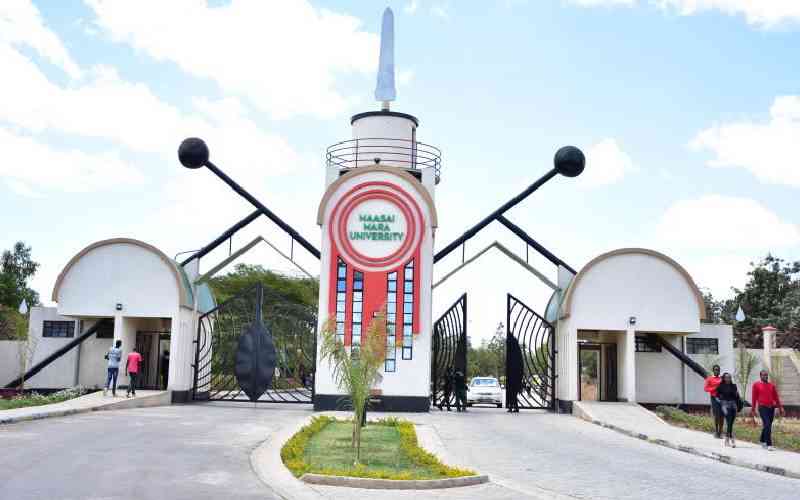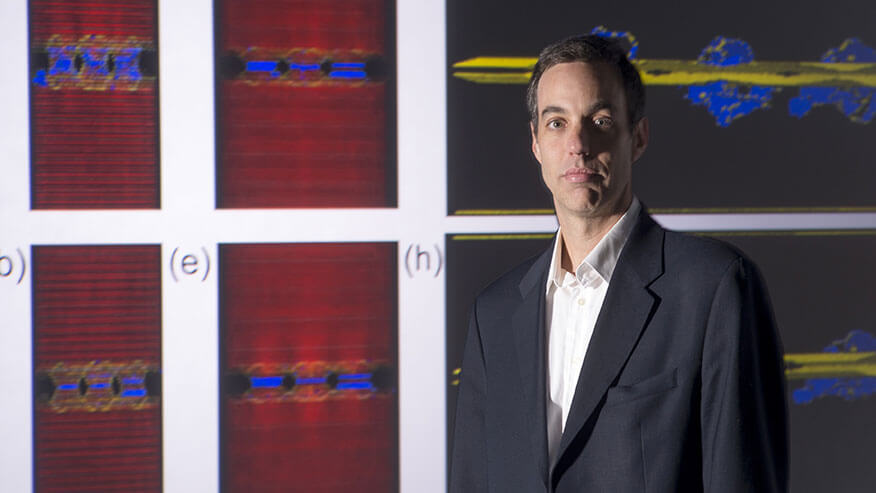Workshop on Local AI for Computational Literary Studies | Stanford Humanities Center
Join CESTA for a workshop on using of Artificial Intelligence in Computational Literary Studies. This workshop aims to offer insight into the potential of applying artificial intelligence to the analysis of literary texts. Rather than relying on the interfaces provided by major tech companies like OpenAI or Anthropic, the focus will be on alternative approaches and smaller, freely accessible models. Although these models may be less powerful, they are capable of running locally and often require only consumer-level hardware. This accessibility lowers the barrier to reproducibility of results, promotes democratization through reduced costs, and enhances data security. Along with a comprehensive overview of the methodologies, we are also available to assist participants with AI-related inquiries pertaining to their individual projects. RSVP here for the workshop.
Lunch will be served for workshop participants after the workshop.
Since 2009, has held the position of Professor of Computer Philology and Modern German Literary History at the Julius Maximilian University of Würzburg. His scholarly pursuits are centered on computational literary studies, with particular emphasis on the creation of methods for corpus-based analysis of literary texts. His notable work includes the examination of character references, the exploration of speech in narrative texts, and the segmentation of narrative texts into scenes. Furthermore, since 2020, he has served as the coordinator of the national priority research program Computational Literary Studies.
is pursuing his PhD at the Graduate School of the Humanities at Würzburg University, where his dissertation focuses on the computational modeling of plot structures within genre literature. In addition to his doctoral work, he serves as a research associate on the project “Literary Change: German Poetry between Realism and Early Modernism and Its Relation to Literary, Cultural, and Social Developments,” which is part of the national Computational Literary Studies priority program.
is a research associate at the Leibniz Institute for the German Language in Mannheim, contributing to the EOSC-funded “DataGEMS” project since January 2025. She is pursuing a PhD in Computational Humanities at Würzburg University, focusing on the combination of knowledge graphs and language models. Her research includes computational approaches to historical text processing and semantic change, with prior contributions to the DFG projects “EncycNet” and “Text+.”











